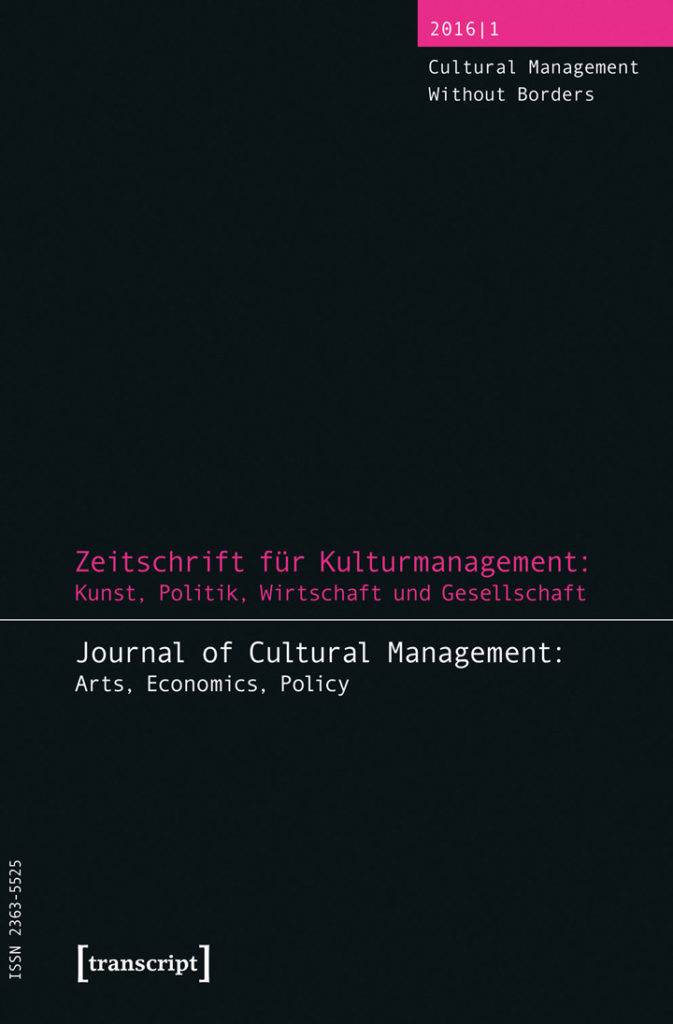Research Article
Art and Culture as an Urban Development Tool
A Diachronic Case Study
Abstract
Urban arts policies have been studied frequently by urban scholars but shifts in the respective usage of the arts have been neglected. Frequently, the discourse of the present on how the arts are employed for urban development prevails, tuning out – incorrectly – how this discourse has been shifted over the years. To fill this gap, the author interviewed local experts and compared their statements on the topic of arts and culture in Baltimore’s urban development over a period of more than twenty years, in 1988, 2004, and 2010. How did artists and arts managers, urban planners and urban politicians view the arts as a tool for Baltimore’s urban development during these years? The study uses a qualitative case study approach. As such it has involved an in-depth exploration of the strategic usages of arts and culture in urban contexts. It is a result of the study that the meaning of arts and culture as a factor for urban development has changed considerably between 1988 and 2010. Whereas this meaning was “elevating the masses by the arts” in 1988, it was “the arts as key for the creative city” in 2004, and “nurturing the creative edge of artists” in 2010.
Keywords
2016 (1)
Cultural Management Without Borders

Related Articles
The role of culture in development
From tangible and monetary measures towards social onesJournal of Cultural Management 2017 (2)
Research Article
Journal of Cultural Management 2017 (1)
Case Study
Planning Creative Cities: Reflections on a Trend
Journal of Arts Management and Cultural Policy 2020 (1)
Essay
Theater im Wandel
Vom Krisenmanagement zur ZukunftsfähigkeitYearbook for Culture Management 2011
Research Article
Crisis of succession: On the institutionalization of charismatic rule in German theatre
Journal of Cultural Management 2019 (2)
Research Article
Journal of Cultural Management 2018 (2)
Research Article
© 2024, Journal of Cultural Management and Cultural Policy
Keywords
- aesthetics
- higher education
- cultural diplomacy
- career, professional role
- audience studies
- Business
- digitalization, digitization
- diversity
- empirical aesthetics
- entrepreneurship
- development, transformation
- ethics
- Evaluation
- festival
- film
- social change
- ideology
- staging
- communication
- Concert
- creativity
- culture
- arts organizations, cultural organizations
- fincancing the arts
- cultural history
- cultural economy
- art education
- cultural policy
- cultural sociology
- audience development, art education
- arts administration, arts management
- cultural industry
- cultural sciences
- art
- arts research
- curating
- artists
- leadership
- management
- marketing
- market
- media
- methods development
- museum
- music
- opera
- orchestra
- organization
- law
- social cohesion
- community arts
- state
- urbanism
- dance
- theater
- theory development
- tourism
- civil society, third sector


